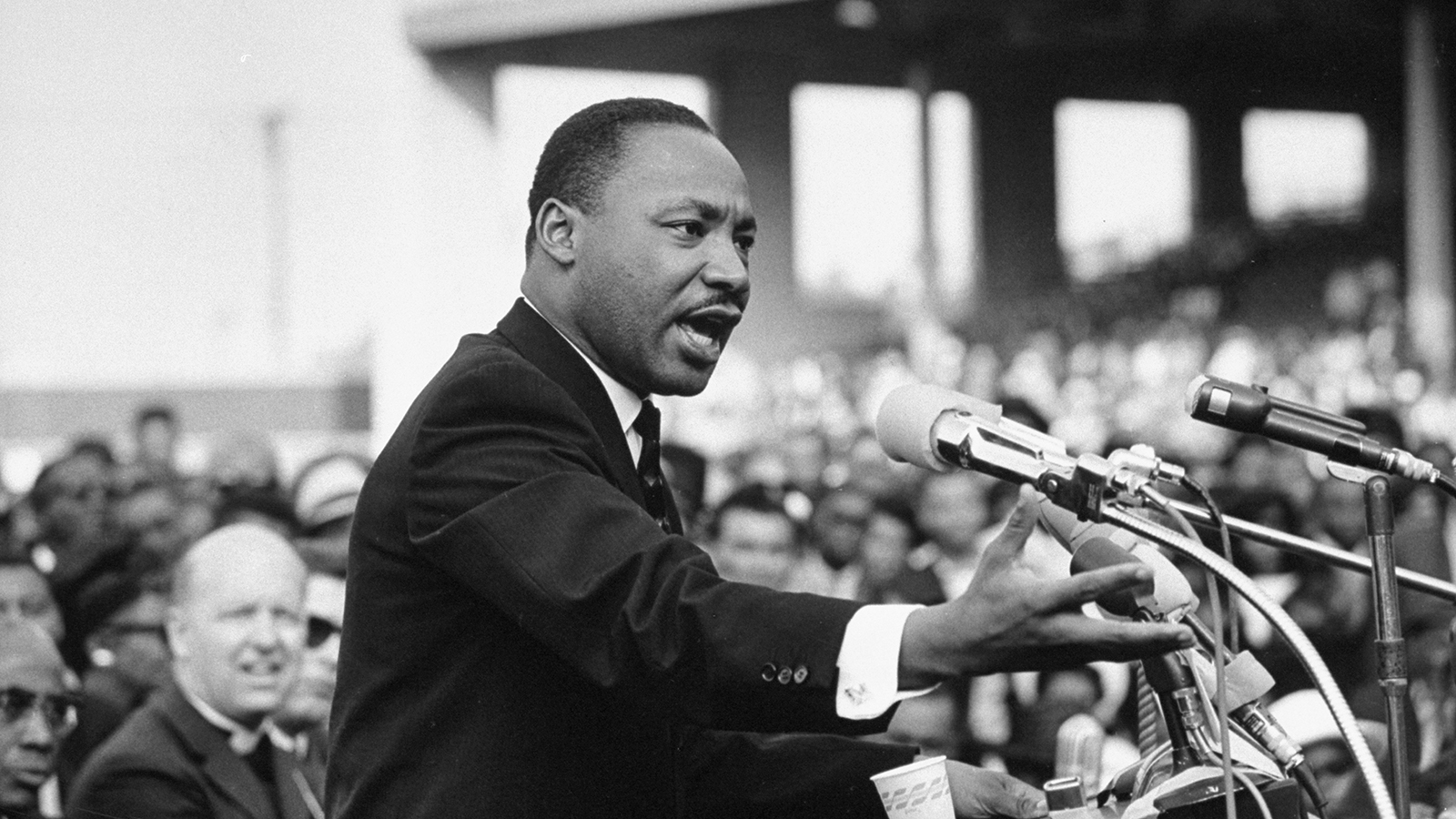Your kids have heard of Martin Luther King, Jr.’s significance to modern U.S. History – at least the basics.
They have likely read or heard excerpts of his “I Have a Dream Speech.” Schools are (rightfully) starting to frame the MLK Day national holiday as a day spent in service to our communities. That is great! These tidbits of knowledge about this American icon, though. are only the beginning. As parents, as MLK Day approaches, we should teach our kids more.
Slavery vs. Civil Rights
Don’t laugh, but many young kids do not understand the difference between the end of slavery and the Civil Rights Movement connected to Dr. King. So, start to celebrate King’s legacy by asking your children about what they know (and don’t).
And, when you do, be certain to take the chance to tell your kids that Martin Luther Kings’ non-violent actions took place nearly 100 years after the Emancipation Proclamation ended slavery in the United States in 1863. in fact, help your kids even more by emphasizing two critical pieces of information connected to this difference:
(1) IT TOOK 100 YEARS (YES – an f*ing CENTURY:0) after slavery was abolished under President Abraham Lincoln for African Americans to be granted most of basic human rights. OMG. Let that sink in.
(2) While a sweeping change, the Emancipation Proclamation did little to provide an immediate reprieve to the deplorable conditions in which African-Americans lived, worked, or were educated. This was monumental, but only a step toward a better tomorrow.
Tell your kids these facts, even if they cloud a rosy picture of pre-MLK America.
Dr. King’s Patience
Can your kids imagine how frustrated Dr. King most have been as he fought against such indefensible societal wrongs? After all, King was repeatedly jailed, beaten, watched colleagues perish alongside of him, lived under constant fears of being assassinated, and did so while exercising a level of patience would be difficult to muster today.
One might even say that patience amongst our kids does not exist today. Our kids have immediate access to everything. If they see changes that need to be made, they expect them to be made now.
Not tomorrow, not after approvals, not after waiting for a consensus – our kids want the time from complaint to resolutions to be miniscule (or 0).
MLK Day is the time to teach our kids about the virtue of persistence in making changes. If Brown vs. the Board of Education is acknowledged as the start the Civil Rights Movement in 1954 and Lyndon Johnson’s signing of the Civil Rights Bill in 1965 ended this influential period, that brutal decade of struggle must be a lesson in patience our kids understand.
Dr. King’s Tolerance
For me, it feels incomplete to connect Martin Luther King a Ghani-like affinity for non-violence only. King’s strategy for peaceful protests should be celebrated, yes. Let us, though, also remind our children that Dr. King (and his supporters) had every reason to HATE their advocacies and found the strength not to.
In fact, King, who MUST have internally harbored some hate for his opponents, spoke to crowds about the opposite, saying:
“Hate cannot drive out hate. Only love can do that.” (1963)
and
“Let no man pull you so low as to hate him.” (1956)
Given the volatile political climate of the time, the length of the struggle for Civil Rights, and the stakes of failure, the ability for leaders like Dr. King to take the high road is truly remarkable – and should be shared with our children.
Struggles Continue
Our kids will grow up in a world where they will see struggle – near and far, online and at home. They will see causes they can impact locally and some in lands they have never heard of. Our kids will see small problems they can easily fix and recognize monumental problems they may feel are insurmountable by their own efforts. Yes, our kids must be aware that struggles continue – even if dissimilar to those issues that Dr. King was trying to remedy.
One of the most impactful quotes that MLK ever spoke reads:
“Injustice anywhere is a threat to justice everywhere.” (1963)
So teach your kids that they are provided for and safe despite the struggles that may exist around them. Pair this sense of security, though, with the idea that they need to make efforts to help when they see wrong, struggles, or injustices.
Their version of helping can take a variety of forms – some causes our kids can actively pursue, some they will feel unable to immediately impact. They must try, if only in a level of awareness. The most basic form of honoring Dr. King’s legacy may be the understanding that his work must continue as long as anyone – near or far – feels less than.
On Monday, please don’t miss the opportunity that MLK Day brings for our kids. And, don’t simply scratch the surface with the boiling plate famous quotes and history kids have read before.
Tell your kids about the struggle, the selflessness, the service, and their ultimate obligation to humanity that Dr. King’s legacy demands: to leave this world a better place than they found it.
